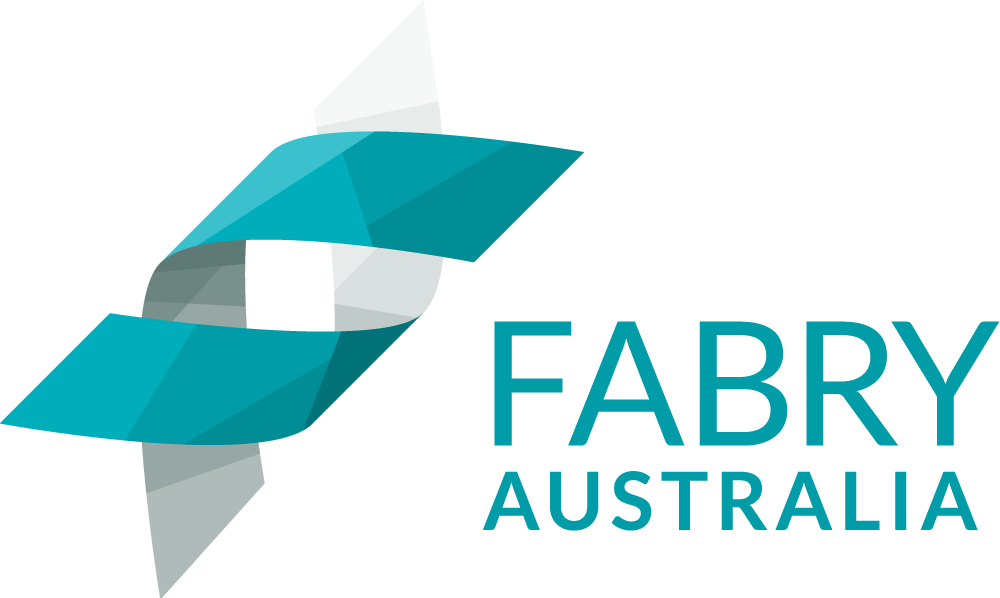Celebrating 30 years of Fabry Australia with ‘30 Fabry Stories, from the Australian Fabry Community.’
Ashleigh Clark lives on Sydney’s northern beaches and teaches children’s dance. She’s had Fabry disease since birth.
“It’s always in the back of your mind, but I’ve got other passions and exciting things happening in my life.”
 I grew up always knowing I had this disease, but it hit me in primary school when my parents first took me to see a paediatric metabolic specialist at Westmead Hospital in Sydney. They told me I’d have to have annual check-ups to monitor my health.
I grew up always knowing I had this disease, but it hit me in primary school when my parents first took me to see a paediatric metabolic specialist at Westmead Hospital in Sydney. They told me I’d have to have annual check-ups to monitor my health.
During childhood I’d have stomach pains and sensitivities to some food. I couldn’t tolerate heat very well, which was a problem living on the northern beaches in Sydney and being so active. As a teenager, if I got a cold or flu, it would wipe me out for weeks.
I definitely feel Fabry has shaped me as a person. It’s prevalent in our family, my dad’s health is very complex because of Fabry. So having a rare disease is always in the back of your mind, but I’ve got other passions and exciting things happening in my life, like my dance teaching to kids.
I think it’s made me a stronger person. I’ve had to overcome difficulties. Watching my parents cope with it has been a hard thing. It’s something other people don’t understand, but it’s definitely made us a tight family, which I love.
I’m still pretty active and I’m not on treatment, which I’m very grateful for. I’m very lucky. I know how important treatments like enzyme replacement therapy are for others living with Fabry.
I’m 26 and thinking about my future. I know having kids is definitely in the back of my mind. There’s a 50 per cent chance I will pass on the Fabry gene to my children. I would love to know that there’s a way I can’t pass it on, that I can break the genetic chain. At every annual check-up with my specialists they always ask: “Are you thinking about having children?” I know I’ll need to have a conversation with the genetic counsellor then.
I do believe I have the power to make those decisions, but I just don’t like the uncertainty.
I’m really hopeful and excited to see where the research into Fabry treatments is going in the future.
